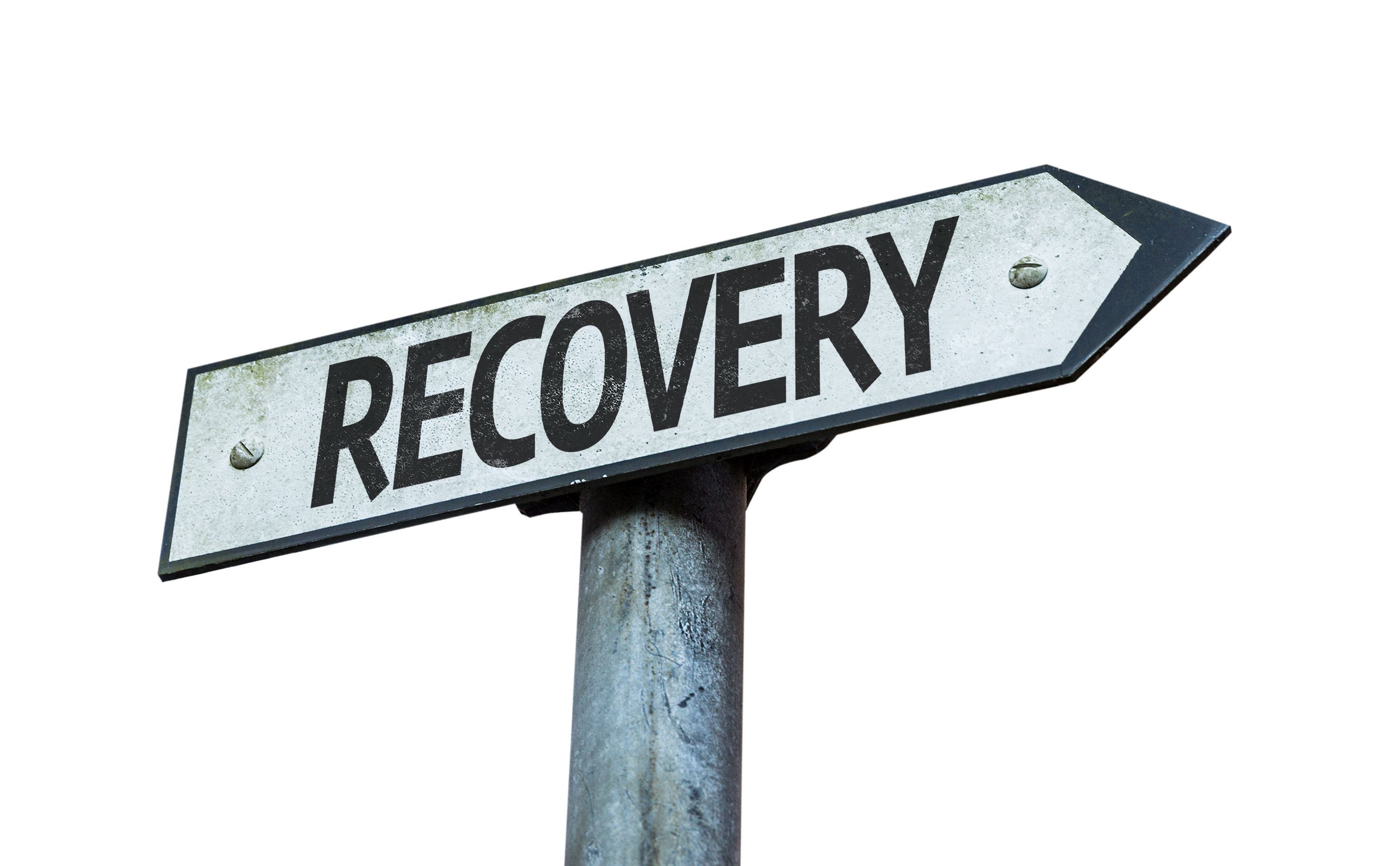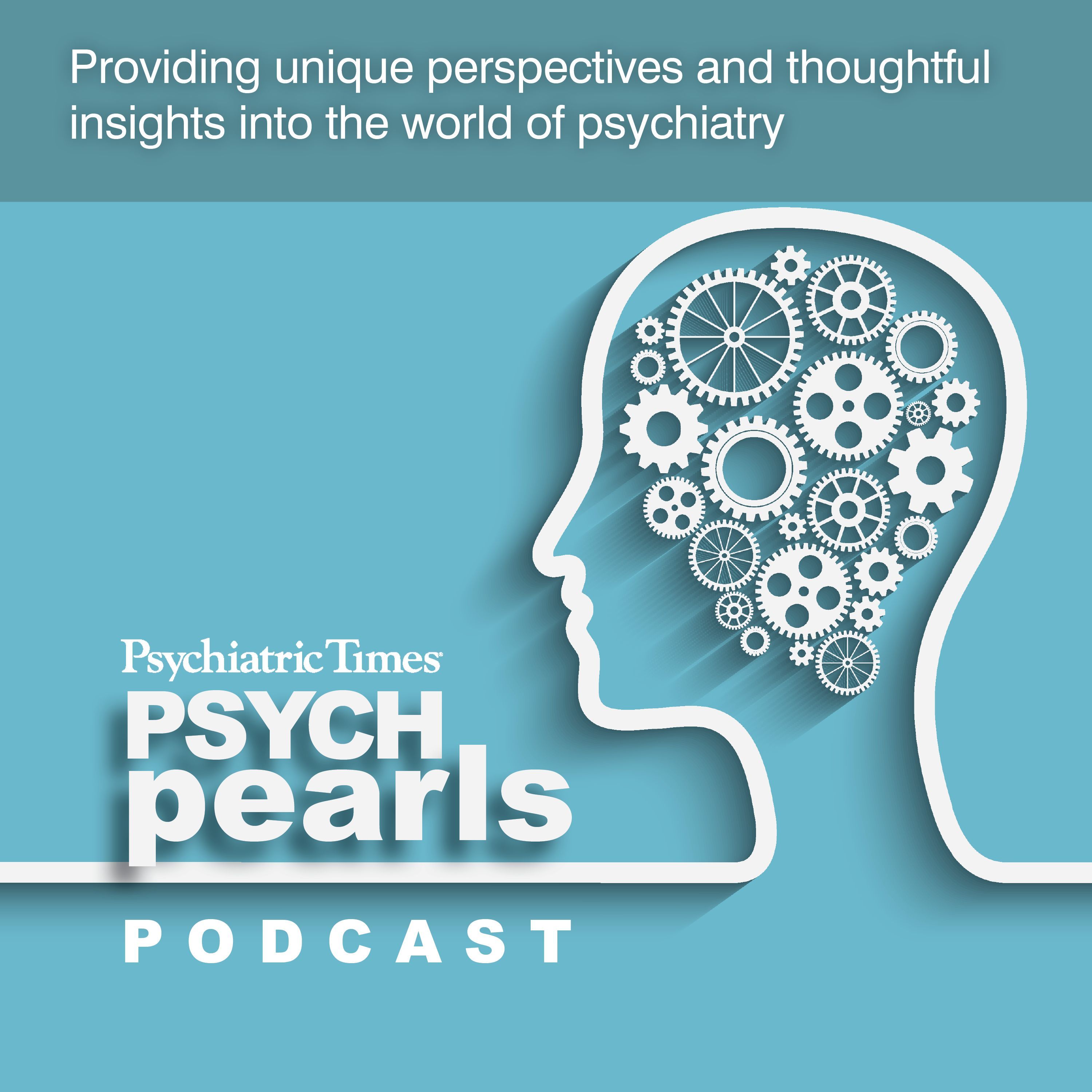Commentary
Article
From Addiction to Advocacy: How Chris Shenewerk, MD, Lets His Personal Journey Shape His Approach to Treatment
Author(s):
Chris Schenewerk, MD, shares how his battle with alcohol addiction transformed his understanding of addiction treatment.
Psychiatric Times sat down with Chris Schenewerk, MD, to discuss his experience with addiction and how it informs his treatment of patients with addiction.
Schenewerk, based in Illinois, said before experiencing alcohol addiction himself, he had not treated many patients seeking treatment specifically for addiction. “They may have been having cries for help, or just hiding it, but I couldn’t recognize it,” he said. He attributes his own addiction as the reason his practice began seeing and treating addicts, saying on a daily basis one provider in the practice deals with an individual in addiction. “In addiction, we certainly drag our loved ones in with us,” Schenewerk said.
Before going through rehab, Schenewerk said he did not check into the resources given to patients seeking treatment. He says patients experiencing mental health issues should be screened and providers should have honest conversations about being at higher risk and the dangers of addictive substances.
Schenewerk warns that tragedies, like child loss or divorce, are big triggers. “It wasn’t until when I turned 40, when I went through a divorce… that I realized I thought I was prepared for anything in life, and apparently I wasn’t, because that social drinking slowly became daily drinking and basically began to destroy my life.”
Schenewerk struggled for a decade, saying, “Addiction is really the only disease that tells us we don’t have a disease.” After entering rehab, he said he has been sober since November 8, 2018. He spent 4 weeks detox and residential program in Missouri before moving to San Diego to enter a 90 day program. After 92 days, he left the program and started a support group which started with 4 people and has now grown to larger that 40 attendees.
Vivirtol shots every 4 weeks helped Schenewerk through recovery. He tries naltrexone or vivitrol for 6 months with his patients, telling them in advance so they have something to look forward to in their recovery. “Like, ‘hey if I’m working a program, I won’t need these medications.’ Because if they are working a program, they’ll learn that the alcohol or drugs was not the problem… it’s just a symptom of our addiction,” he said.
Dr Scenewerk is a family medicine physician and is the medical director at Illinois Recovery Center.






